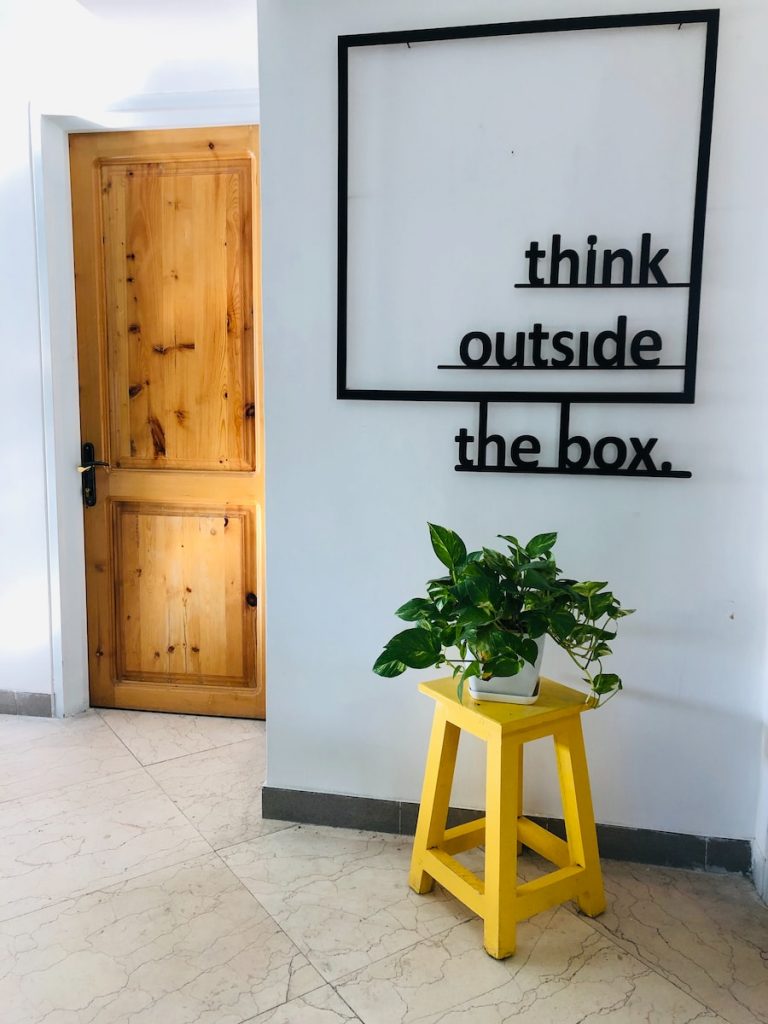Are you Autistic of ADHD, or do you suspect you might be? Have you tried therapy in the past, but it just didn’t work? Or maybe it helped, but something felt off. Perhaps you didn’t like the thought of being « treated.»
The feedback I get from clients is that a shared understanding of what it is like to be neurodivergent makes a big difference. Right away, they feel more comfortable, heard, and understood.
I identify as being proudly Autistic and ADHD (identity first). However I really don’t like the label ADHD because of all the D’s. I know who I am. This is my neuro-type. I am not deficient or disordered and do not need fixing. I do not want to change and normalise to fit in with the majority by being more palatable. I am not disabled. I thrive in a lifestyle that meets my needs. For example, I am writing this on my phone while lying on the sofa with my legs up because it feels comfortable. I might write some more when I go for a run and think of something else that I want to add. For my type of autism, I need unrestricted movement to do well. Other neuro folks may not, as we are all different.
My mind diverges from the norm, which is a natural form of human cognitive variance. How I perceive and interact with the world differs from the typical expectations and standards. I can find the environment set up for the dominant neurotype disabling. I am a neuro minority. However, difference is not synonymous with a disorder or a disability. Normal does not mean healthy. If anything, difference is to be celebrated as it brings richness of diversity. This is a more affirmative alternative to an assessment based on a medical model.
When I say that I am autistic, I still get a surprised response, “But there is nothing wrong with you.” There isn’t. Society still has a long way to go in reframing how neurodivergent people are perceived. Comparative judgment does not take into account that neurodivergent people are disadvantaged by the world that is designed for the neurotypical majority.
My lived experience helps with understanding and appreciating what the world looks like when the brain is wired in an A-typical way. Accepting and owning my identity with confidence means that I can support my clients in embracing being neurodivergent. This means moving away from being defined by something they are not. By measuring yourself against the neurotypical benchmark, the disappointment of being too much and not enough at the same time can be exhausting.
What I can offer
What I can offer, is a safe space to discover what it is like to flourish in a fulfilling life from an A-typical point of view. A heartfelt support in the exploration of neurodiversity, self-advocacy to be heard and respected, boundary setting and self-care.
I draw on 14 years of experience in private practice as well as lived experience of being neurodivergent. I specialise in working with sensitive souls, Autism, ADHD. I work with clients who do not have Leaning Disabilities and fall into what used to be the Asperger category of Autism. I am mindful, however that the term high functioning can cover up the deep seated struggles under the facade of “doing well”.
I am a trauma informed therapist. The deficit/disorder autism narrative and medicalised model can be traumatising. The treatment of neurodivergent people to appear more neuro-neuro-normative, to fit «a square peg in a round hole» is very damaging. It is not your job to educate professionals on how you need to be helped. I am committed to supporting others in the way which I needed in the years prior to recognising my neurodiversity late in life and after. I hope that this will help to reduce the impact of living in a neurotypical world.
My ethos is
recognising natural neurodivergent variations in human brain functioning
honour neurodivergent strengths and vulnerabilities
acknowledge the challenges of fitting in within the neuronormative way of being
acknowledgment of ableism that may occur where neurodivergent people struggle to fit it
acknowledge the impact of internalising neuro-ableism on mental health
acknowledgment of the impact of intersectionality and the added challenges of racism, sexism, classism and prejudice based on religion, culture, disability, sexuality and gender identity.
10 benefits of having a therapist with the same neurotype
- Interaction is more natural
- We will laugh
- You don’t have to explain how your mind and body works
- All communication styles are welcome, and in non-verbal days we can just be creative
- There is a stronger sense of connection
- Difference from the norm is acknowledged
- Challenges and struggles are empathised with
- Both strengths and difficulties are validated
- Affirmation of a positive neurodivergent identity
- You receive self-advocacy support
Do I need a formal diagnosis of autism to book in?
No. I am happy to support you whether you are self-identifying, otherwise validated, or questioning your neurotype. If a neurodivergent lens to viewing the world resonates with you, then that’s enough.
How do I work?
I work relationally. This means that we will learn about your way of being through the way you relate to myself and others in your life. As you build self-awareness and notice patterns, you then decide what works for you and what doesn’t. I take a collaborative approach in a co-created space as we work together to help you achieve your goals.
You can trust me to be authentic. I say what I mean, and I mean what I say. If you are masking, feel free to take the mask off when you get here. Your honesty and the whole rainbow of emotions are welcome. Rather than minimising, you can maximise yourself to get to know who you really are. As a therapist, I am not yet another person to impress in order to pass the test of approval. I am here to support you to get what you want out of life.










